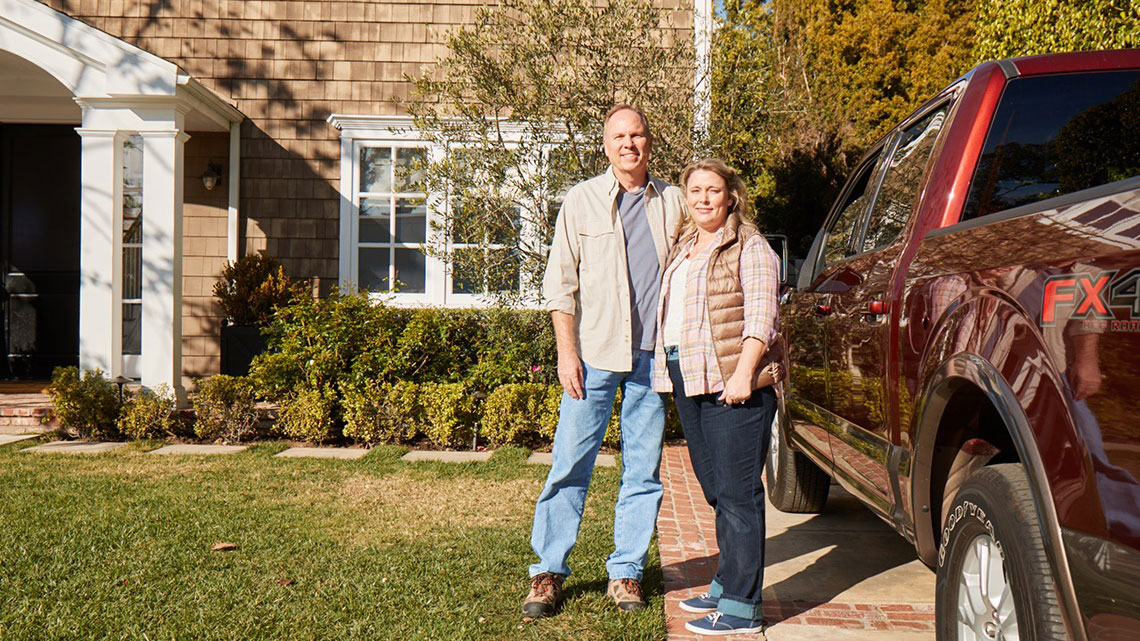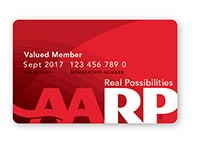The nonprofit behemoth promises to save you money and provide great service. But does it deliver? Here's how to decide if AARP policies are right for you.
The way insurance companies barrage you with television ads promising to save you money, you might think they were paying you instead of the other way around. In the case of the GEICO googly eyes or actor Dennis Haysbert hawking Allstate policies, at least it's private companies pitching their wares. But then there are the auto insurance ads touting the $388 saved, on average, by people who switched to plans offered through AARP by The Hartford Financial Services Group. The ads also say that AARP members who own homes might save an additional $148 by switching their homeowners coverage. In this case, the trusted nonprofit is lending its name to a commercial venture. Pay less, get the AARP imprimatur ... What's not to like? Read on to find out.
As part of our continuing analysis of AARP’s financial services products (earlier stories covered AARP mutual funds and AARP life insurance and annuities), we wondered how well the huge organization was treating its 40 million members with the homeowners and auto policies it sells. So we examined the coverage and compared AARP/The Hartford prices with those of Allstate, State Farm, GEICO, and Progressive in three zip codes to answer the question, Should you put AARP on your policy shopping list?
Our answer: If you are shopping on price alone, no. You can save money — in some cases a lot of money — by taking your business elsewhere. But the policies do offer a few appealing features that you might find are more than worth the extra cost. And The Hartford has an impressive customer service record.
AARP has marketed The Hartford’s homeowners and auto policies for 25 years and deserves credit for choosing a quality partner. The Hartford was among the top five insurers in J.D. Power and A-sociates’ 2008 homeowners and auto insurance customer service surveys. “They have a reputation for working with their customers and trying to solve problems without litigating claims, compared to some of their competitors,” says Amy Bach, executive director of United Policyholders, a San Francisco-based organization that advocates for consumers on home and auto insurance. The number of complaints filed against The Hartford, as tracked by the National A-sociation of Insurance Commissioners, is below the industry average and has been declining for the past several years.
AARP’s homeowners and auto policies are often not the least expensive, however, which echoes what we found with its life insurance offerings. “There is a cost to having some of the features in the program,” acknowledges Richard Hisey, president of AARP Financial, the for-profit arm of AARP. “We believe that if you’re comparing apples-to-apples features, we will be cost-competitive.”




















